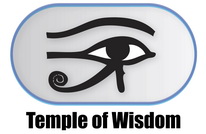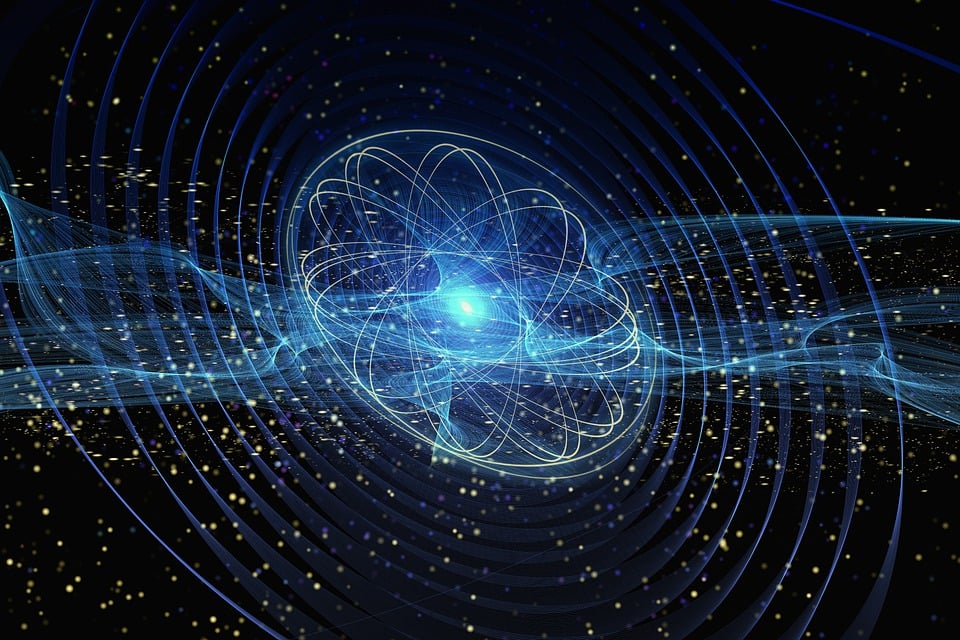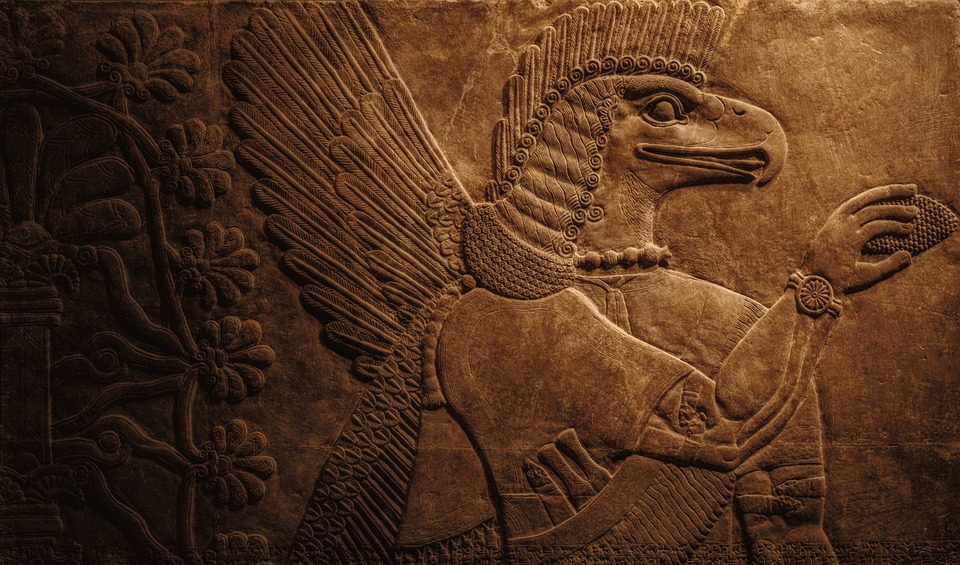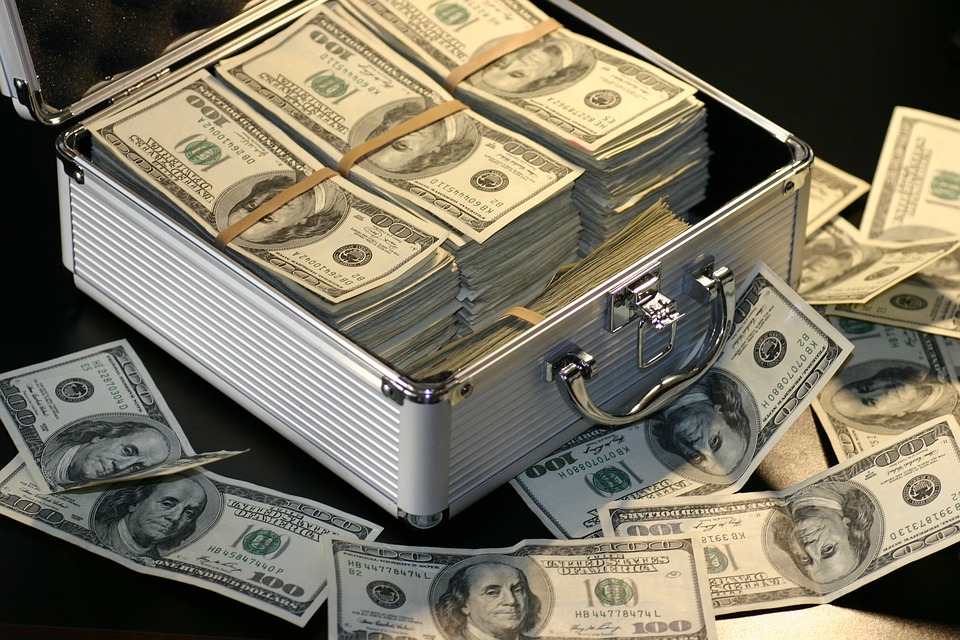
The New Deal was a series of policies and programs enacted by President Franklin D. Roosevelt in response to the Great Depression, which lasted from 1929 to 1939. The New Deal aimed to address the economic crisis and provide relief to the American people, who were suffering from high unemployment rates, poverty, and social unrest.
The New Deal included a range of initiatives, including public works projects, financial reforms, and social welfare programs. One of the most significant aspects of the New Deal was the creation of the Civilian Conservation Corps (CCC), which employed millions of young men in conservation and infrastructure projects.
Another key program of the New Deal was the Works Progress Administration (WPA), which provided employment for millions of Americans in public works projects such as roads, bridges, and public buildings. The New Deal also introduced a range of financial reforms, including the establishment of the Federal Deposit Insurance Corporation (FDIC) to insure bank deposits and prevent bank failures.
The New Deal had a significant impact on the Great Depression, helping to stabilize the economy and provide relief to millions of Americans. The programs and policies of the New Deal helped to create jobs, stimulate economic growth, and increase consumer confidence.
By providing relief to the unemployed and impoverished, the New Deal helped to mitigate the worst effects of the Great Depression. The New Deal also introduced a range of social welfare programs, including Social Security, which provided financial assistance to the elderly, disabled, and needy families.
Despite its successes, the New Deal was not without its critics. Some argued that the programs were too costly and did not go far enough in addressing the root causes of the Great Depression. Others criticized the New Deal for interfering with the free market and undermining individual freedoms.
Nonetheless, the New Deal represented a major turning point in American history, ushering in a new era of government intervention in the economy and social welfare. The New Deal also helped to shape the modern Democratic Party, which became associated with the values of social justice and government intervention.
The New Deal also had a profound impact on American culture and society. The CCC and WPA helped to shape the American landscape, creating national parks and other public works projects that continue to be enjoyed by millions of Americans today.
The New Deal also marked a significant shift in the way that Americans thought about government and the role of the state in society. Prior to the New Deal, the government had played a relatively limited role in the economy and social welfare, but the New Deal paved the way for a more activist government that would continue to expand its role in the decades to come.
The New Deal also had international implications, as it served as a model for other countries grappling with economic crises in the aftermath of World War II. The New Deal influenced the development of the welfare state in Europe and other parts of the world, helping to shape the course of modern history.
Despite its many successes, the New Deal was not without its limitations and failures. Some of the New Deal programs were criticized for being too bureaucratic and inefficient, and others were accused of perpetuating racial and gender inequalities.
Nonetheless, the New Deal represented a remarkable achievement in American history, providing relief to millions of Americans during one of the darkest periods of the nation’s history. The legacy of the New Deal continues to shape American politics, economics, and society today, and its impact will be felt for generations to come.







